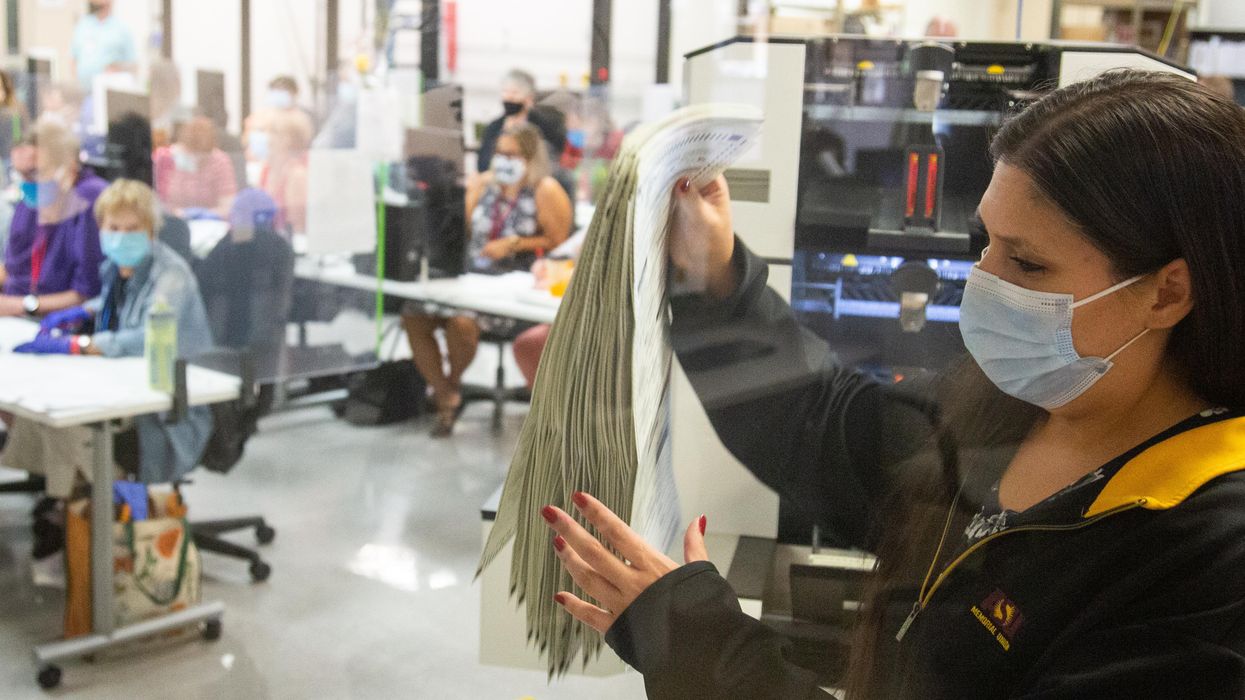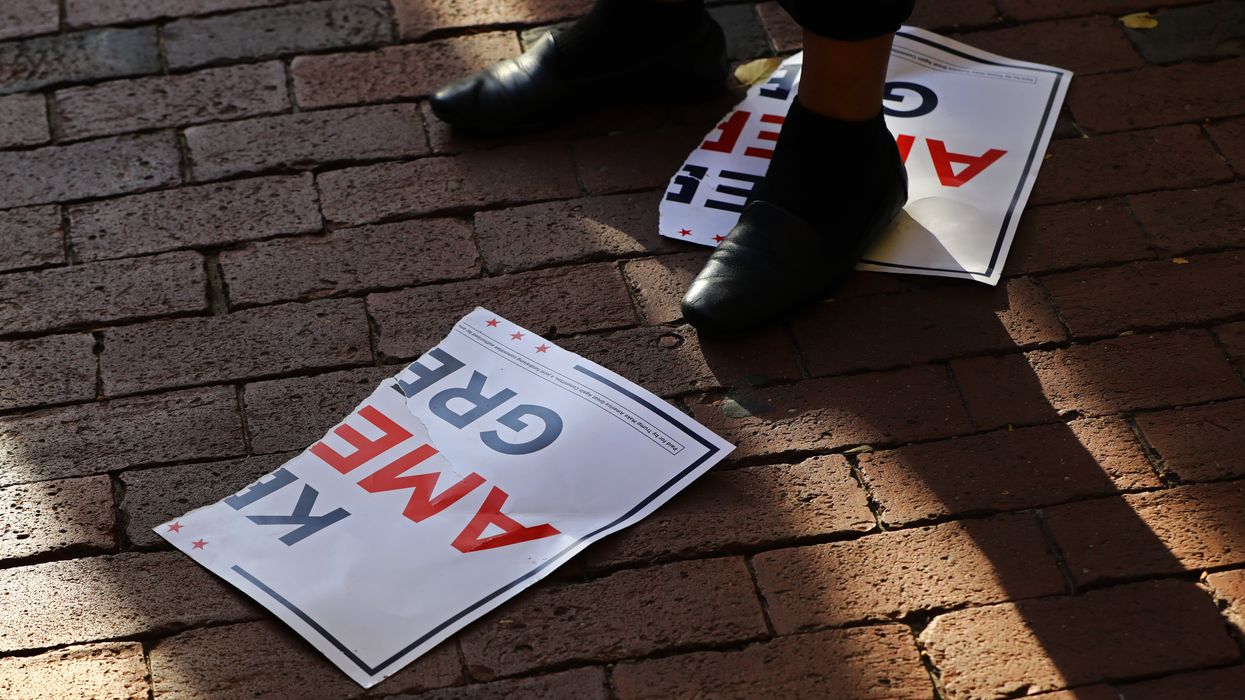Clough is a public service technologist focusing on the design of government and nonprofit technologies, and she is a Frederic Bastiat economics fellow at George Mason University’s Mercatus Center.
Activism has an accountability problem. And it’s causing burnout.
We’re used to the rallying cries for government transparency. The rationale that public servants’ stewardship over our tax dollars is the public’s business is nothing new for Western democracies. Still, for all of the effort to bring the government into the spotlight, many of our social movements have trended in the opposite direction.
Of late, many movements seem to be protests without ends. Activism is increasingly a journey with no destination, and many organizations now subsist on the ambiguity that comes from having no express purpose or goal. Fewer movements are defined by concrete policy priorities for fear that actionable goals will dampen enthusiasm. If suffragettes were online today, they’d likely trade in their “Votes for Women” banners for far vaguer #SupportWomen hashtags.
It may be easier to identify with a problem than a solution, but this strategy is short-sighted. Focusing activists on manufactured emergencies might generate short-term buzz but does little to create long-term interest or feelings of self-efficacy. Roughly half of Americans don’t stay interested in the same social issue longer than a week, according to the United Way, and a third report their attention span lasting only a few days. Knee-jerk donation is becoming the norm, especially as younger donors come to view their giving as less geographically constrained.
Social media currents reflect the social cause of the week with intermittent cameos from organizations offering their donation buttons alongside the highest trending hashtag. Properly executed, volunteerism and charitable giving should be fun. Psychology tells us that supporting causes helps us feel like problem-solvers and boosts happiness. Of this dynamic, happiness and nonprofit management expert Arthur C. Brooks says, “When people give their time or money to a cause they believe in, they become problem solvers. Problem solvers are happier than bystanders and victims of circumstance.”
The role of nonprofits in helping people act as problem solvers for the causes they care about can only be sustained with sufficient trust in that relationship, but the ease with which donations can be given means that legitimacy is not always clear. Recipients of donations can range from questionable to outright fraudulent. Many activists are beginning to question where their social media donations go, like in the case of grassroots Black Lives Matter chapters complaining publicly about the lack of transparency in their national organization’s finances and governance. Worse still, online donations have opened the door to fraudulent impersonations of charity organizations, like those that preyed on donors in the wake of the Notre Dame Cathedral fire.
While supporting causes should make activists feel more empowered, this lack of trust is leading to burnout. The United Way found over 60 percent of Americans have “burnout” about social justice issues, with self described empathy dropping over time due to “activism fatigue.” Without intentional transparency, this fatigue could have existential consequences, especially for younger supporters. One report by the Case Foundation found that three quarters of millennials would stop donating to an organization if the impact of their donations was unclear.
In the spirit of solution-oriented dialogue, some organizations are starting to get it, and the digital era is making simple solutions possible. Some social justice organizations have begun to place greater emphasis on the direct impact of donations, publishing their operational costs for things like intern stipends and weekly newsletters directly on their donation page. Another grassroots movement successfully changing this burnout pattern on an even broader scale is the American Conservation Coalition.
Rather than focusing its messaging on climate change being an insurmountable problem, its focuses on keeping activists educated and up to date about concrete steps to help save the environment. Founded and run by Gen Z digital natives, ACC recently released a new approach, The Climate Commitment, for the sole purpose of keeping its policy priorities transparent. The site makes the organization’s purpose clear, listing in detail not only a breakdown of the problem but also six expandable policy areas and granular concrete priorities in each area. Statistics, case studies and international comparisons supporting their claims about renewable energy sources make an optimistic case for progress that’s convicting yet encouraging.
The digital era has helped social initiatives communicate faster and to more of their supporters than ever before, but the capture of activists’ attention requires more responsible stewardship than we’ve seen from recent movements. In an environment where activism networks are quickly hemorrhaging support due to fatigue, burnout and exhausted attention spans, the increasing transparency of innovative organizations should serve as examples of how to craft rallying cries around solutions, not problems.



















Trump & Hegseth gave Mark Kelly a huge 2028 gift